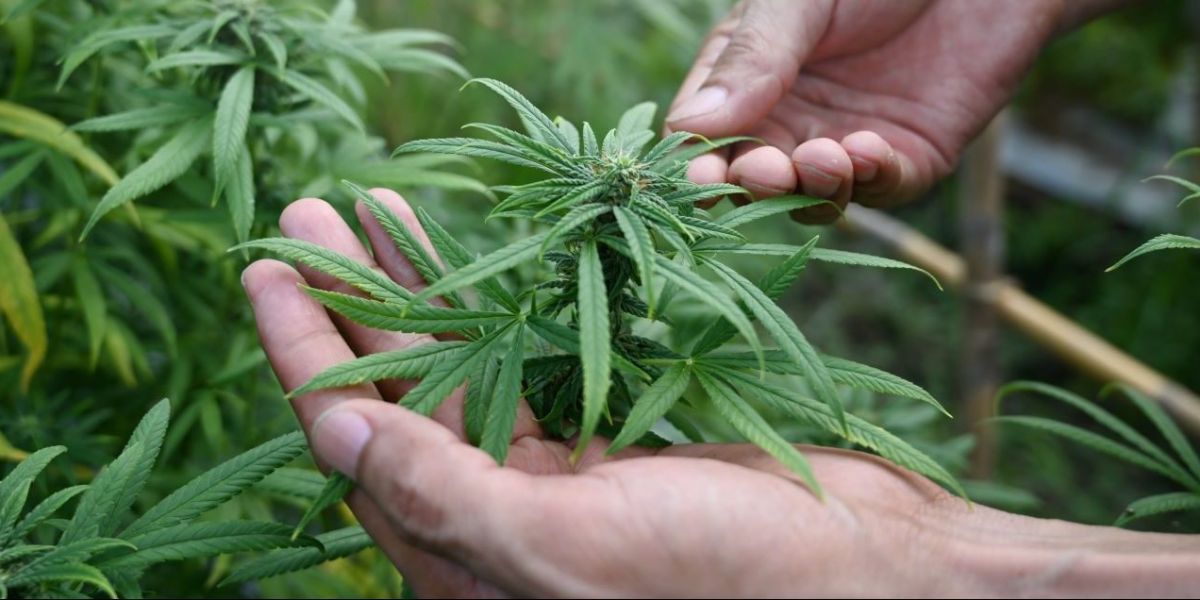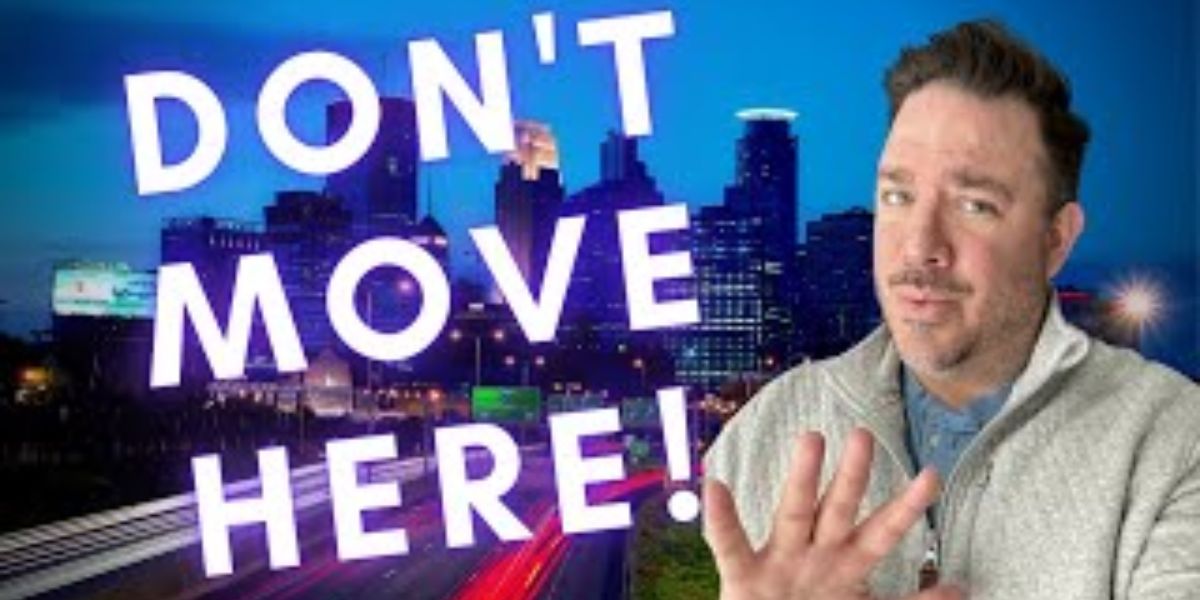South Dakota has specific labor laws in place to protect young workers while still allowing them to gain valuable job experience. If you’re a minor or a parent of one looking to understand the legal working age, permit requirements, and job restrictions, this guide will help clarify everything you need to know.
Minimum Working Age in South Dakota
The minimum age to work in South Dakota is 14 years old in most cases. However, younger children can work in certain family businesses or agricultural settings with fewer restrictions. Federal labor laws also apply, meaning some jobs may have stricter age requirements.
Who Needs a Work Permit?
Unlike many other states, South Dakota does not require work permits for minors to be employed. Instead, employers are responsible for ensuring that young workers comply with state and federal laws. That means minors can apply for and start jobs without needing approval from a school or government office.
Hour Restrictions for Minors
While minors can work, the number of hours they can legally work depends on their age:
- 14- and 15-year-olds
- Cannot work during school hours
- Can work up to 3 hours on a school day and 8 hours on a non-school day
- Cannot work more than 18 hours per week during the school year
- Can work up to 40 hours per week during school breaks
- Cannot work between 7 PM and 7 AM during the school year (extended to 9 PM from June 1 to Labor Day)
- 16- and 17-year-olds
- No hour restrictions under South Dakota law, but federal regulations limit work in hazardous occupations
- Employers must still follow guidelines ensuring minors do not work excessively long hours
Jobs Restricted for Minors in South Dakota
Certain jobs are deemed too dangerous for young workers and are prohibited. The U.S. Department of Labor enforces federal restrictions that apply in South Dakota. Here are some of the jobs minors cannot perform:
Jobs Prohibited for Those Under 18
- Operating heavy machinery, including forklifts and industrial equipment
- Working in demolition, roofing, or logging
- Operating power-driven tools such as saws, slicers, and metalworking machines
- Manufacturing, storing, or handling explosives
- Working in coal mines or meatpacking plants
Jobs Prohibited for Those Under 16
- Cooking with open flames or deep fryers
- Operating most motorized equipment
- Loading and unloading trucks or working in warehouses
- Working in construction or using ladders over six feet
- Selling or serving alcohol (some exceptions for food service roles where alcohol is sold but not served directly by the minor)
Jobs That Are Safe for Minors
While some industries are off-limits, many jobs are open to young workers and provide excellent experience. Some safe and legal jobs for minors in South Dakota include:
- Retail work – Cashiering, stocking, and assisting customers
- Food service – Hosting, bussing tables, washing dishes, and some food prep
- Lawn care and landscaping – Mowing, gardening, and raking leaves
- Office work – Filing, answering phones, and data entry
- Babysitting and pet sitting – Private household work
- Grocery stores – Bagging groceries and assisting customers
- Lifeguarding – Available for those 15 and older with certification
Federal vs. State Labor Laws: What Matters More?
While South Dakota has its own labor laws, federal law often supersedes state regulations, especially when it comes to hazardous jobs and hour restrictions. Businesses engaged in interstate commerce must follow federal guidelines, meaning stricter rules may apply.
For example, while South Dakota does not set hour limits for 16- and 17-year-olds, federal law prohibits minors from working in hazardous environments, which means they still cannot take certain high-risk jobs.
Penalties for Employers Who Violate Child Labor Laws
Employers who fail to follow state and federal labor laws can face penalties, including:
- Fines and penalties – Businesses found violating child labor laws may be fined thousands of dollars per infraction.
- Loss of business licenses – Repeated violations could result in the suspension or revocation of a company’s license.
- Legal consequences – If a minor is injured in an illegal work situation, the employer may face lawsuits or criminal charges.
How to Report Violations
If you suspect a business is violating child labor laws, you can report it to the South Dakota Department of Labor and Regulation or the U.S. Department of Labor’s Wage and Hour Division. Anonymous complaints can be filed to protect workers from retaliation.
Final Thoughts
South Dakota offers minors the opportunity to gain work experience while ensuring their safety through state and federal labor laws. While the state does not require work permits, young workers should be mindful of hour restrictions and prohibited jobs. By understanding these rules, both minors and employers can ensure a safe and compliant work environment.




